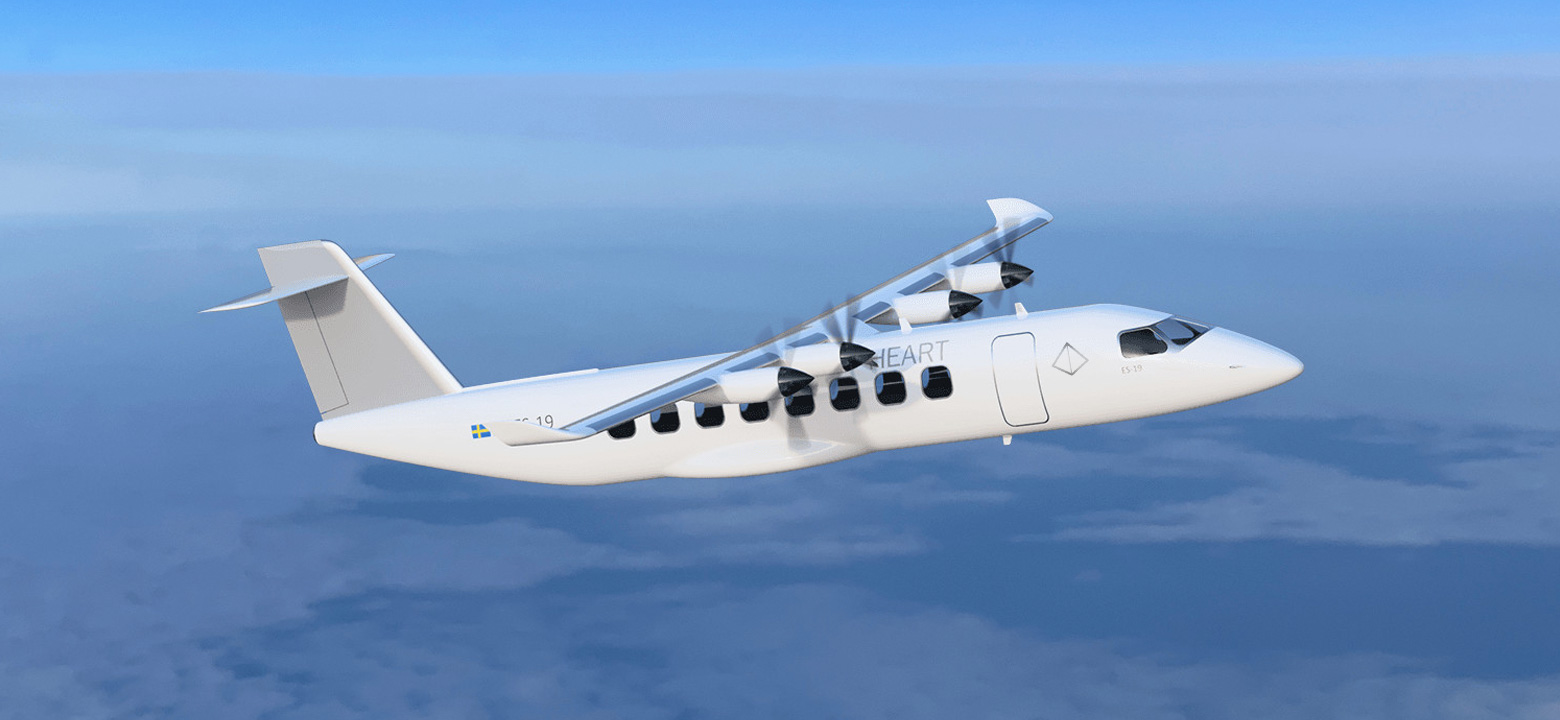
Even in the face of tariffs and trade restrictions, the aerospace industry continues to grow. 2019 saw some major innovations, and 2020 is shaping up to hold even more. Here are the top five startups to keep an eye on in the coming year:
Exodus Space Corp was founded in 2018 by Miguel Ayala, with a unique mission in mind: create completely reusable, AI-operated spaceplanes capable of horizontal takeoff and landing. Ayala has nearly two decades of experience in engineering, as well as experience serving as a leader of engineering teams involved in developing spacecraft, aircraft, ground support, and more. Their flagship project is the Astroclipper, a two-stage-to-orbit spaceplane. The Astroclipper will be created to be fully reusable and very efficient, with supersonic and hypersonic engines paired with rocket engines. It will be able to launch from virtually any runway, with no damage to the surrounding area. This versatile design is intended to be used and reused for multiple purposes, including junk collection, transporting space crew and cargo, and commercial spaceflight, and stands to have a major impact on the way we think of space travel.
Heart Aerospace is a Swedish company founded in 2018 by Anders Forslund, a senior researcher at Chalmers University of Technology. Heart intends to create the fastest, least expensive, and most sustainable mode of regional travel. Their first major project is the ES-19, an electric airliner that uses their innovative electric drivetrain, capable of carrying the weight of nineteen passengers and covering a distance of nearly 250 miles, all with zero emissions. The company's goal is to have the ES-19 ready for commercial use by 2025, but 2020 should be a big year for them, as well. They are in the preliminary design phase, which should prove interesting for the industry as a whole. As one of a relatively small number of aerospace startups focusing their attention on fully electric aircraft, Heart's development of the ES-19 from design to implementation will definitely be worth watching.
First Resonance occupies a special spot on this list. Rather than manufacturing vehicles or engine technology, they develop the infrastructure that makes that possible for other aerospace startups. Founded in 2018 by Karan Talati and Neal Sarraf, First Resonance was created to optimize aerospace manufacturing by providing engineers with a platform for designing, making, testing, and analyzing their creations. Previously, Talati worked on SpaceX’s manufacturing karan talatiand test automation systems, while Sarraf worked for Uptake Technologies, an industrial Internet of Things startup. First Resonance promises to revolutionize the way manufacturers create goods, from the initial design stages to product testing. According to their experience, it isn't a lack of ideas that keeps companies from innovating—it's the difficulty inherent in delivering functioning hardware with confidence. Their software helps streamline the manufacturing process, saving engineers time that could be better spent on bringing new ideas to the industry.
There's one risk of spaceflight that can't really be overstated: cosmic radiation exposure. Not only does it pose a risk to the crew, but it can also degrade cargo. Gold Orbit, founded in 2018 by Josh Hoeg, set out to effectively shield satellites and small craft from both space debris and radiation. Creating effective shielding for cosmic radiation is a careful balance. The most penetrating forms of radiation can pass through thin shielding, but the best materials are also the thickest and densest, which add a considerable amount of extra weight. Gold Orbit's proprietary technology seeks to create modular armor plating that succeeds at protecting people and hardware, without impeding the function of space vehicles.
Wanda Maps, founded in 2018 by Navit Reid, is a community for building and sharing maps. Travel is big among Millennials and Gen Zers, and this company seeks to change the way we share travel recommendations. Unlike other aerospace startups, this company isn't focused on creating new hardware, or even on aerospace manufacturing. Instead, this service allows users to monetize their travel data, encouraging them to share their experiences. In addition to allowing community members to earn a little extra money, Wanda Maps is effectively creating a massive data bank for one specific area of the aerospace industry: travel companies. As opposed to the “junk data” passively gathered by things like browser cookies, users' contributions to the service are an accurate reflection of their travel behavior. This means that it is much more useful when it comes to things like personalizing offers and developing marketing strategies. Airlines and travel companies will be able to use Wanda Maps' data to create offers for travelers for any stage of their journey, from flights to accommodations to food and entertainment. Whether it's modular radiation shielding, reusable spaceplanes, electric passenger planes, software, or user data, these new aerospace startups promise to make major contributions to the industry in the coming years. Keep an eye on them in 2020, and see how their innovations shape the future of aerospace.